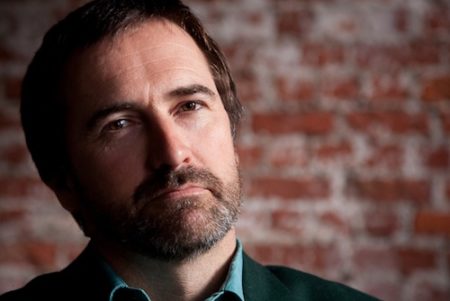Never in the history of the computer industry has a product launch been this hyped. Not even Apple’s launch of…
Browsing: Opinion
In many respects, information has never been so free. There are more ways to spread more ideas to more people than at any moment in history. And even in authoritarian countries, information networks are helping people discover new facts and making governments more accountable.
Google’s decision to square up to the Chinese government over censorship is extraordinary. It will probably result in the company being forced to pull out of the communist-led country. But if it feels so strongly about it, why did it invest in the first place?
The second GeekRetreat was held last weekend in the picturesque surroundings of Stanford, in the Western Cape. This gathering of technology entrepreneurs, educators, journalists, and venture capitalists is unique in its format and composition
About 50 geeks descended on Stanford Valley, 20 minutes from Hermanus in the Western Cape, at the weekend for the second annual GeekRetreat. Participates had trepidations at first, with a few sceptics among the people chosen to attend
In less than a fortnight, Apple CEO Steve Jobs will take to a stage in San Francisco to unveil one of the most eagerly awaited consumer electronics products in history. Can the brains behind the iPod and the iPhone deliver the goods once again?
I was brought up to believe that men and women are created equal. Then I hit puberty and the issue became a lot more complicated. Later, at university, I was exposed to the feminist movement which, to be honest, left me more confused than ever. Though it created a heightened awareness of the issue of gender equality, it became difficult to separate dogma and ideology from real problems
For a number of years now, Mozilla’s Firefox has been a popular and growing alternative to Microsoft’s Internet Explorer. It’s estimated that the open-source browser is used by a quarter of all Web users. But its star could be fading.
Two years ago I participated in a “CIO Christmas wishlist” for a local industry publication. Re-reading that list, it is sobering to see just how many of those wishes still stand. Here’s my 2009 list. I’m not holding my breath, though my tongue remains firmly in my cheek
Ever since the first vi user met the first emacs user, the IT industry has been plagued with intense debates about very little. No fact or rational argument will convince either side they might be wrong. As the discussion depends on what the participants believe, these are often described as religious debates










